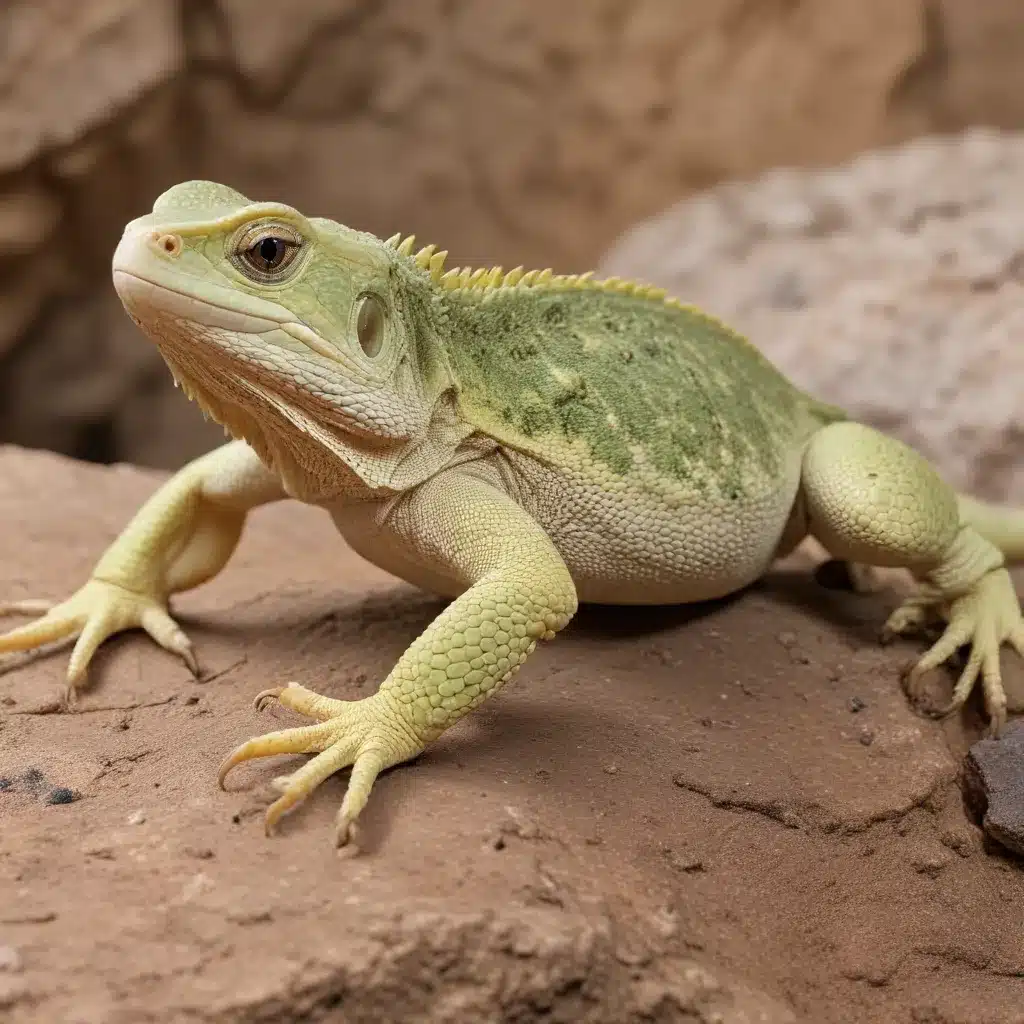
In the ever-evolving world of exotic reptile care, staying at the forefront of diagnostic and treatment techniques is paramount. As reptile enthusiasts, breeders, and pet owners, we have a responsibility to provide the best possible care for these remarkable creatures. This article delves into the latest advancements in reptile health management, exploring cutting-edge diagnostic tools, innovative treatment methods, and the importance of legal compliance in the sale and breeding of rare reptile species.
Diagnostic Advancements: Enhancing Reptile Healthcare
Accurate diagnosis is the foundation of effective reptile healthcare. Over the years, significant strides have been made in developing advanced diagnostic tools and techniques that enable veterinarians and reptile enthusiasts to identify and address health issues with greater precision.
One such advancement is the use of ultrasound imaging. This non-invasive technology allows for the visualization of internal organs, providing valuable insights into the reptile’s physiological state. By assessing organ size, structure, and function, veterinarians can detect early signs of disease or developmental abnormalities, enabling prompt intervention and targeted treatment.
Another crucial diagnostic tool is endoscopy. This minimally invasive procedure involves the use of a small, flexible camera to examine the reptile’s internal organs and structures. Endoscopy has revolutionized the ability to diagnose and monitor conditions such as respiratory infections, gastrointestinal disorders, and reproductive issues, allowing for more informed decision-making and personalized treatment plans.
In addition to these advanced imaging techniques, blood and fecal testing have become increasingly important in reptile healthcare. Comprehensive blood panels can provide insights into the animal’s overall health, revealing potential metabolic imbalances, infections, or organ dysfunction. Fecal examinations, on the other hand, can help identify parasitic infestations, which are common in reptiles and require prompt treatment.
Innovative Treatment Approaches: Enhancing Reptile Wellbeing
Alongside advancements in diagnostic tools, the field of reptile medicine has also seen the emergence of innovative treatment approaches that prioritize the overall wellbeing of these unique animals.
Fluid therapy has become a crucial component of reptile care, particularly in cases of dehydration, electrolyte imbalances, or metabolic disorders. Veterinarians can now administer tailored fluid formulations to maintain proper hydration and support the reptile’s physiological processes.
Wound management has also seen significant improvements, with the introduction of advanced dressings and topical therapies. These treatments promote faster healing, prevent infection, and minimize scarring, ensuring a better quality of life for injured or wounded reptiles.
Another area of advancement is pain management. Recognizing the importance of addressing pain and discomfort in reptiles, veterinarians have developed a range of analgesic medications and techniques to provide effective relief during procedures or in cases of injury or illness.
Reptile Breeding: Balancing Conservation and Legality
Responsible reptile breeding is a delicate balance between conservation efforts and adherence to legal requirements. As the demand for rare and exotic reptile species continues to grow, it is essential that breeders and sellers understand and comply with the relevant regulations.
Conservation Considerations: Many rare reptile species face threats in their natural habitats due to factors such as habitat loss, poaching, and climate change. Responsible breeders play a crucial role in maintaining healthy captive populations, which can serve as a safeguard against the extinction of these species. By following best practices in reptile husbandry and breeding, breeders can contribute to conservation efforts and ensure the long-term survival of these remarkable creatures.
Legal Compliance: Navigating the legal landscape surrounding the sale and breeding of exotic reptiles is essential. Regulations may vary depending on the species, the region, and the specific legal requirements. Breeders and sellers must familiarize themselves with relevant laws and obtain the necessary permits or licenses to ensure lawful operations. Failure to comply with these regulations can result in significant legal consequences and undermine the entire reptile care community.
Ethical Considerations: Beyond legal compliance, responsible reptile breeders must also prioritize the ethical treatment of their animals. This includes providing appropriate housing, nutrition, and environmental conditions to ensure the well-being of the reptiles in their care. Breeders should also be transparent about the origin of their breeding stock and prioritize the long-term welfare of the animals over short-term profits.
Navigating the Regulatory Landscape
The sale and breeding of exotic reptiles are subject to a complex web of regulations and legal requirements. It is crucial for breeders, sellers, and enthusiasts to stay informed and comply with these guidelines to ensure the responsible and sustainable management of reptile species.
At the federal level, the Endangered Species Act plays a significant role in regulating the trade and possession of certain reptile species. This Act prohibits the import, export, and interstate commerce of endangered or threatened species without proper permits and authorization.
In addition to federal regulations, many states and local jurisdictions have their own laws and requirements governing the ownership, breeding, and sale of exotic reptiles. These regulations may include restrictions on specific species, licensing and permitting processes, and guidelines for proper care and housing.
Responsible reptile enthusiasts and breeders must thoroughly research and understand the applicable laws and regulations in their area. Seeking guidance from veterinarians, reptile organizations, and legal professionals can help ensure compliance and avoid potential legal complications.
Conclusion
As we continue to push the boundaries of reptile healthcare, the future holds immense promise. The advancements in diagnostic tools, innovative treatment approaches, and the importance of legal compliance in reptile breeding and sales are a testament to the dedication and passion of the reptile enthusiast community.
By embracing these cutting-edge developments and prioritizing the well-being of these remarkable creatures, we can provide the highest level of care and contribute to the conservation of rare and exotic reptile species. Remember, our actions today will shape the future of reptile husbandry and ensure that these fascinating animals thrive for generations to come.
For those interested in exploring the world of exotic reptiles, I encourage you to visit our website at exoticreptilesforsale.com to learn more about the care, breeding, and legal requirements for various reptile species. Together, we can scale new horizons in reptile diagnostics, treatment, and responsible ownership.


